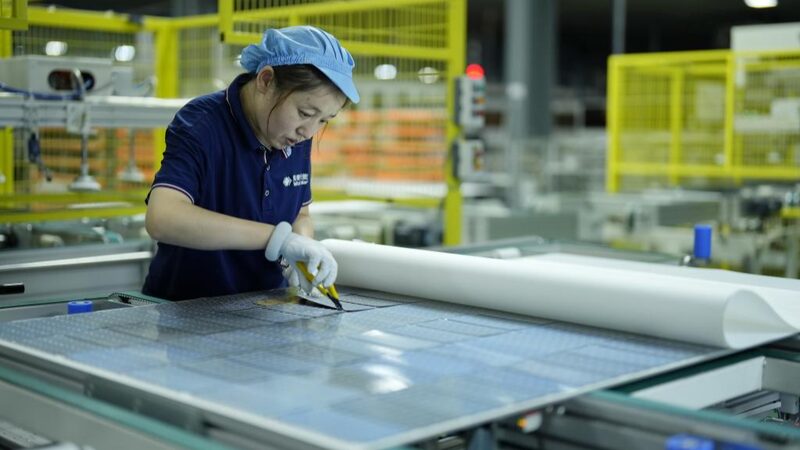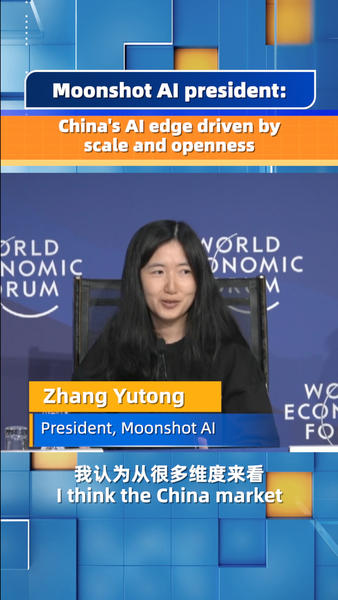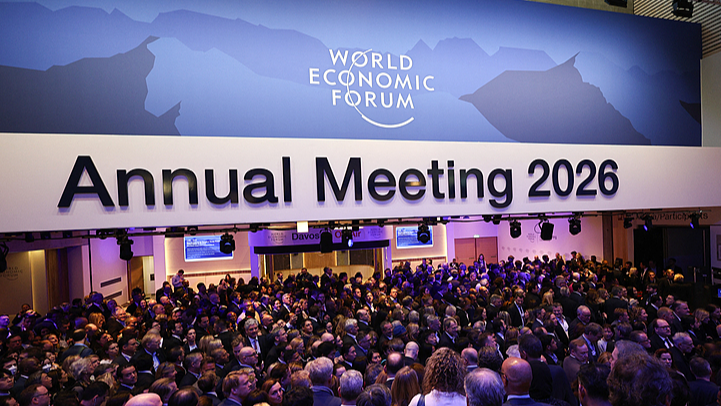Hey there, amigos! 🌎 Let's talk about some big news shaking up the international scene.
China's business community is calling out the United States, urging it to pump the brakes on increasing tariffs on Chinese goods. The China Council for the Promotion of International Trade (CCPIT) isn't happy about the U.S. decision to ramp up tariffs on products like electric vehicles (EVs), lithium-ion batteries, solar cells, and more. ⚡🚗☀️
What's Going Down?
On Tuesday, the U.S. decided to jack up tariffs on a bunch of imports from China under Section 301. We're talking about raising tariffs on Chinese EVs to a whopping 100% this year! 😱 Solar cell tariffs are jumping to 50%, and tariffs on steel and aluminum are climbing to 25%. By 2025, semiconductor tariffs will soar to 50%. Microchips matter, people! 🖥️💾
China's Response
The CCPIT spokesperson didn't mince words, saying China's business community firmly opposes this move. They called on the U.S. to stick to World Trade Organization (WTO) rules and ditch the tariff hikes pronto. 📣
They also encouraged businesses on both sides to build trust and work together. After all, cooperation keeps the global supply chains running smoothly and helps the world economy bounce back faster. 🌐💪
Why It Matters
China's industries in EVs, batteries, and solar cells have been a major force in pushing for energy conservation and cutting emissions worldwide. Through continuous innovation and active market competition, they've been promoting green development and integrating deeply into the global supply chain. 🌱🌍
But the U.S. seems to be playing hardball. By abusing the tariff review process and slapping extra duties on Chinese imports, the CCPIT says the U.S. is engaging in unilateralism and trade protectionism. Not cool. 🤔🛑
Plus, the U.S. is dishing out hefty subsidies to its own industries, like EVs and semiconductors. According to the CCPIT, this goes against the principles of a market economy and international trade rules. It's also shaking up the stability and security of global industrial and supply chains. 🏭⚖️
The Bigger Picture
This tariff tussle isn't just about numbers and percentages. It impacts global trade dynamics, affects prices on everyday goods, and could influence job markets around the world. When the big players clash, everyone feels the ripple effects. 🌊
What Happens Next?
Will the U.S. and China find common ground? Will they hit pause on the tariff hikes and chill out? 🌬️ Only time will tell. But one thing's for sure—industries and consumers worldwide are keeping a close eye on this unfolding story. 👀
Reference(s):
China's business community urges U.S. to stop tariff hikes on goods
cgtn.com




